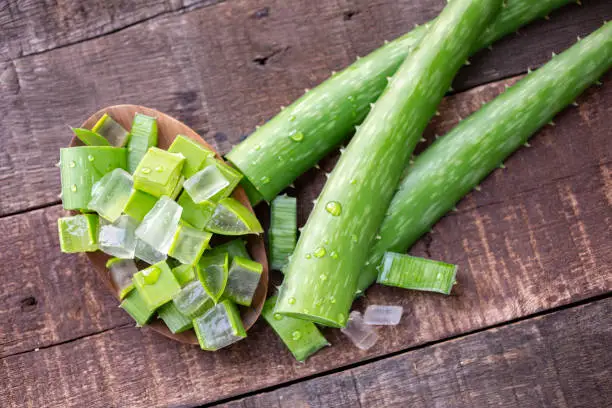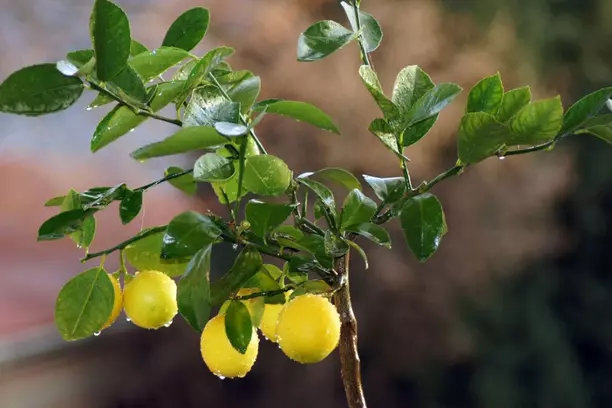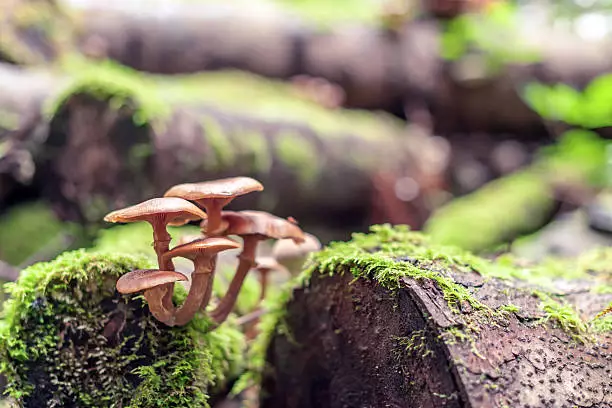
You worked hard to create your beautiful garden. Whether it be a vegetable or flower garden, no one wants to watch it be destroyed by pesky garden pests. There are several steps that can be taken to prevent these buggers from taking hold.
If you are noticing pests in your garden, use the following 6 natural methods to squash those bugs and stop their damage in their tracks.
1. Beneficial insects
Beneficial insects can be a huge resource when it comes to controlling garden pests. First, you should determine what type of pests you might have. Then research what the different types of beneficial insects eat.
For example, lady beetle larvae are predatory and will eat a number of pesky insects including aphids. Other insects include green lacewings and praying mantis.
You can provide a habitat for beneficial insects and try to lure them in, or you can purchase them and release them into your garden. Even if you purchase them, it is a good idea to provide habitat. This will create an environment that they are more likely to stay and reproduce, providing protection year after year.
2. Build healthy soil
Building healthy soil is more of a preventative measure that takes time. However, it is a good practice to incorporate into your gardening routine. Healthy soil creates healthy and strong plants that are more resistant and able to withstand pests and diseases.
To build and maintain healthy soil, limit soil disturbance, mulch, and incorporate organic matter such as compost, plant cover crops during the off-season, and rotate your crops from year to year.
3. Soapy water
As a direct line of action, you can mix some soapy water and spray it directly on the pests. 4–5 drops of soap in a spray bottle full of water should do the trick.
It is best to spray in the early morning or late evening. This gives the soapy mix time to dry and you won’t risk burning the plant’s leaves. Insects are also most active at these times.
Don’t forget to spray the underside of the leaves, especially if you are battling aphids, as this is where most insects will hide. You want to make sure and get the soapy mix directly on the insect as the soap acts to “suffocate” the pest.
4. Insect traps
There are basically two types of insect traps: physical and chemical.
Physical traps include things like adhesive glue boars, food traps, and electric grid traps to name a few.
Chemical traps typically employ a pheromone that attracts the insect into the trap. You want to be careful with this type of trap because if employed too close to your garden, you could attract the pests directly into your garden instead of away from it.
5. Neem oil spray
Neem oil is a great natural resource when it comes to a direct line of action against garden pests. It has azadirachtin as its main component which works by interfering with the life cycle of insects such as feeding, mating, and egg-laying.
To use neem oil, simply mix 2 tablespoons to every 1 gallon of water. Then spray the entire infected plant, including the underside. You will want to avoid using this spray near beneficial insect habitats.
6. Pyrethrum spray
Pyrethrum is a compound found in the Chrysanthemum flower. This flower produces pyrethrum as a natural defense against pests and animals making it a great addition to your garden. You can also buy commercially produced pyrethrum spray at most hardware stores.
The pyrethrum works by causing paralysis of insects with ultimately results in death. It affects the nervous system immediately upon contact, making it very effective. However, it is best to spot spray, rather than drenching the whole plant.
The most effective way to use this technique is to go out in the early morning or evening and find the insects causing problems and spray them. Pyrethrum breaks down rapidly in the environment so it will not leave a residue or create a barrier that will kill insects if they cross it.
Final thoughts
If you have garden pests eating away at all of your hard work, try the tips given above. Combining techniques can be very effective.
There are many ways to get rid of garden pests without using toxic and harmful chemicals. Strive for healthy soil and add beneficial insects or use one of the direct lines of action to get rid of them.



